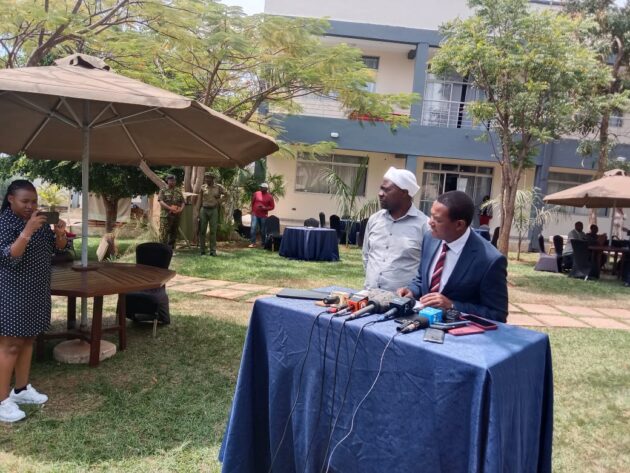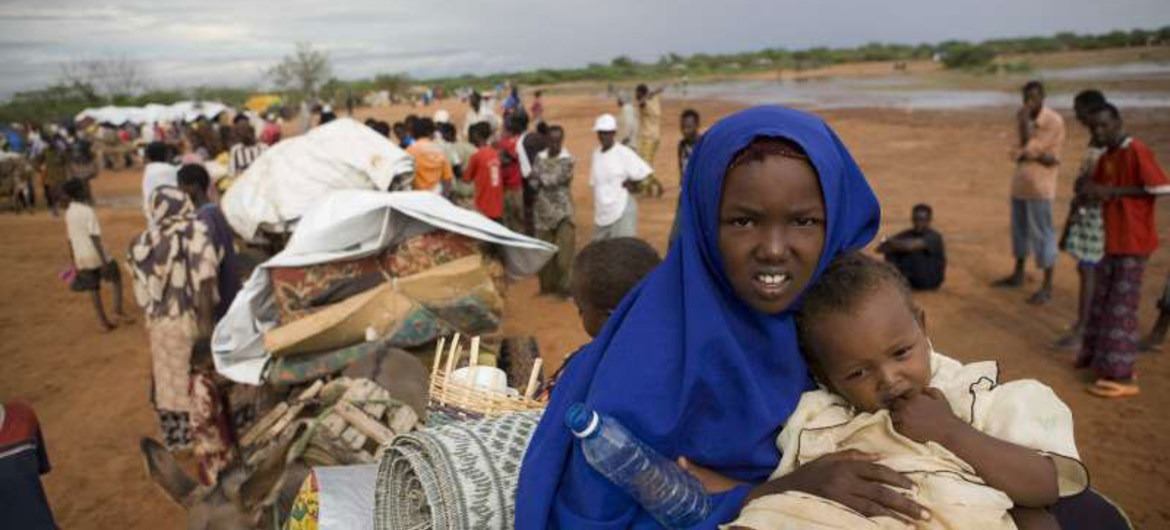Agriculture, environment and workers’ rights took centre stage in the Kenya-US trade talks , with the former seen to push for a deal before November.
This comes amid concerns that this year’s US Presidential elections could further derail the process, with a possibility of pushing talks into 2025 when the African Growth and Opportunity Act (Agoa) expires.
During the 11-day physical meeting (negotiating round) in Washington between April 2-4, the two sides also discussed textual issues on anticorruption; and Micro, Small, and Medium-sized Enterprises, and continued conceptual discussions on inclusivity.
The US delegation was led by Assistant United States Trade Representative (USTR) Constance Hamilton while the Kenyan delegation was led by Principal Secretary for Trade Alfred K’Ombudo.
The meeting follows an in-person negotiating round under the US-Kenya Strategic Trade and Investment Partnership (STIP) held in Nairobi between January 29-31, this year.
“USTR officials briefed Congressional staff throughout the round. As part of USTR’s ongoing commitment to transparency and robust external engagement, USTR also hosted a roundtable discussion with stakeholders led by Assistant USTR Hamilton and Principal Secretary K’Ombudo on the margins of the round,” US Trade Representative Ambassador Katherine Tai’s office said in a statement.
According to PS K’Ombudo, the proposed agreement also covered traditional trade topics such as customs and trade facilitation and export procedures for food, plants and animals.
“It also deepens cooperation in MSMEs, inclusive trade, environment, labor, standards, diaspora and other related topic,” the PS said.
Kenya is however said to be keen on speeding-up the talks before the November 5, 2024 elections, which could push talks into the fifth straight year.
“With campaigns in the US heating up, there are concerns this process could slow down,” a ministry official familiar with the trade talks, told the Star yesterday, “We hope a way forward is reached by the time the US goes into elections.”
Presidents William Ruto and Joe Biden had in October last year agreed to expedite the Stip, in a telephone discussion at the start of the trade negotiations under Biden’s administration.
The US has been pushing for transparent and competitive procurement in Kenya’s public government.
It also wants effective protection of intellectual property rights, favourable sanitary and phytosanitary measure among other interests.
This, as it seeks to secure business for US companies and a comprehensive market access for agricultural goods in Kenya, by reducing or eliminating tariffs.
Kenya has since entered into a grant deal with the US securing approximately Sh198 million in technical assistance towards strengthening the country’s public procurement.
The Kenyan government had hoped to seal a deal before December last year, in its quest to secure preferential trade terms way before the expiry of the AGOA in September 2025, even as it joins other beneficiary countries in the continent in calling for the renewal of the Act.
Kenya and the US launched the STIP on July 14, 2022, intending to increase investment, promoting sustainable and inclusive economic growth, benefiting workers, consumers, and businesses and supporting African regional economic integration.
The December last year target was however “too ambitious” according to trade experts, who now say the earliest a trade pact could be arrived at , if the two teams remain committed, is towards the end of this year.
The change in administrations in both countries has had a significant impact on the process which was mooted in 2020, with the Covid-19 pandemic equally having its fair share of stalling the process.
Negotiations began back in July 2020 during former Presidents Donald Trump and Uhuru Kenyatta’s tenures.
After the US elections in November 2020, Joe Bidens’s administration took time to review part of the pact before initiating a fresh round of talks.
Kenya then went into an election in August 2022, which saw then Deputy President William Ruto ascend to power, with his administration taking over the negotiations as the two administrations agreed on seek a Strategic Trade and Investment Partnership.
“The chief negotiators are committed to a swift conclusion of the agreement,” a statement from Kenya’s trade ministry reads in part.
With a bilateral deal, Kenya is keen to tap at least five per cent of the US market, which has the potential to earn the country more than Sh2 trillion in export revenues annually.
More than half of Kenyan exports to the US are comprised of clothing, macadamia, coffee, titanium ores and concentrates, and black tea.
The agricultural sector, manufacturing, textile, and mining will be among the biggest winners if a deal is struck, with Kenya also keen to rope in SMEs and build up Special Economic Zones and Export Processing Zones for increased exports, as it cuts its import bill.











